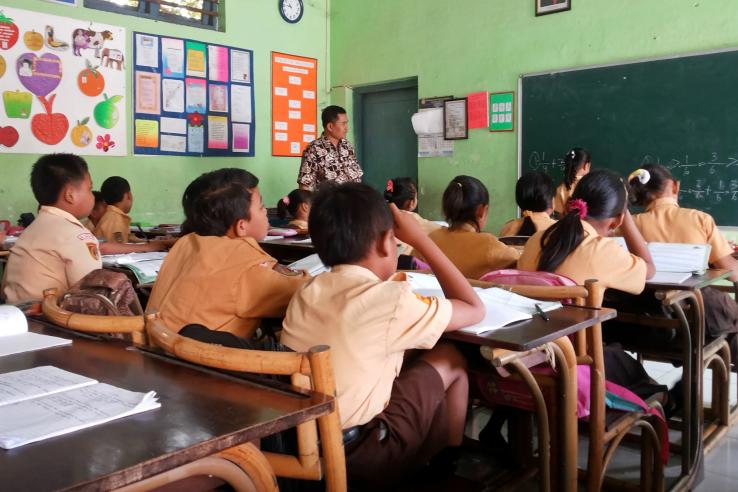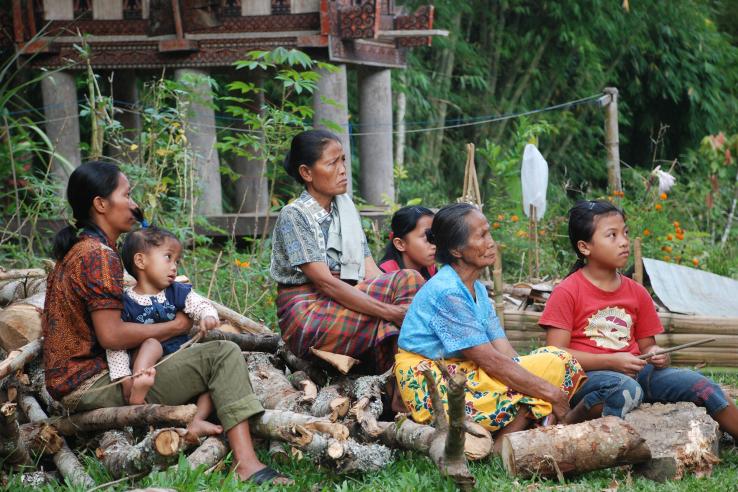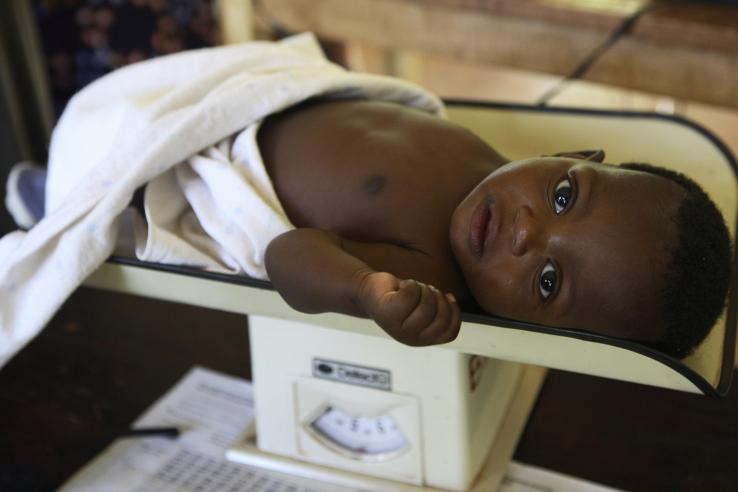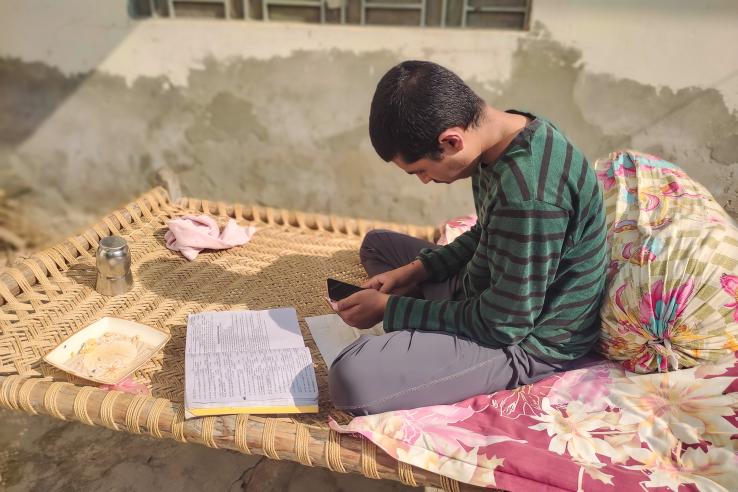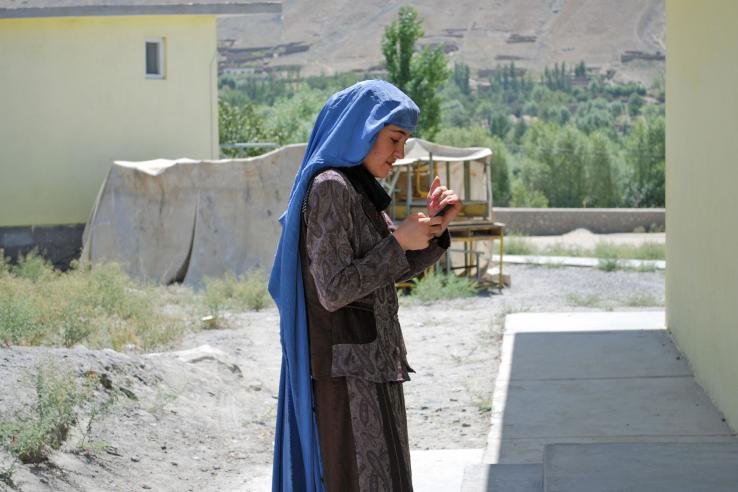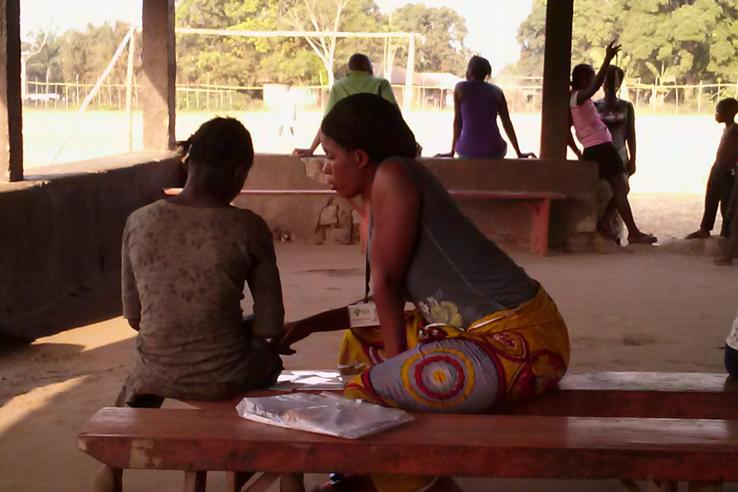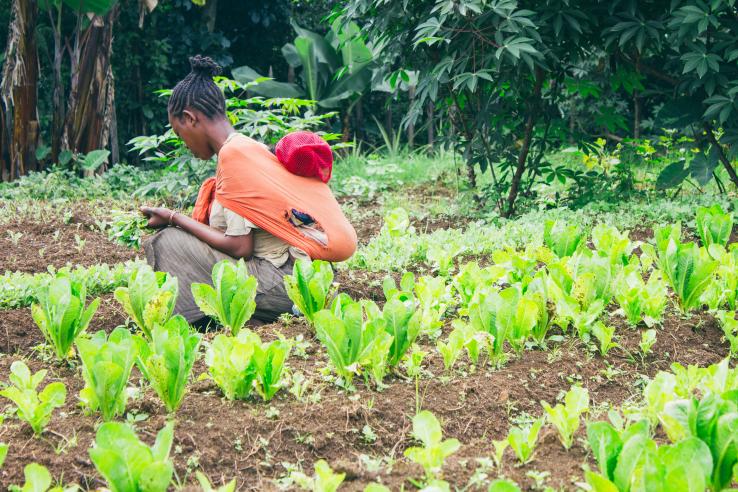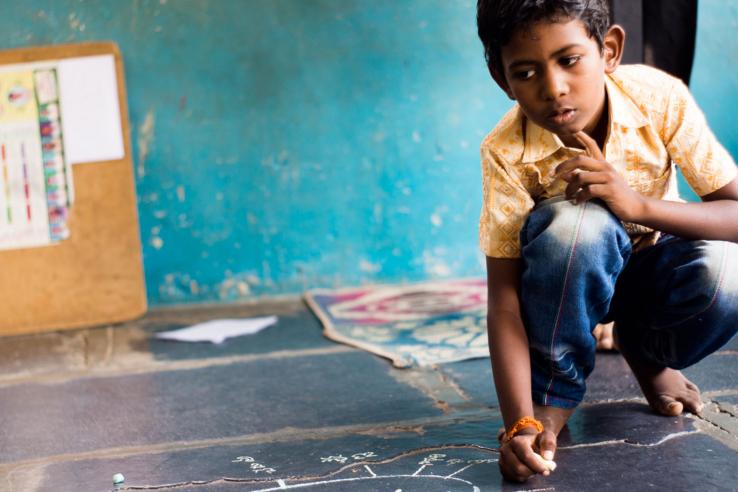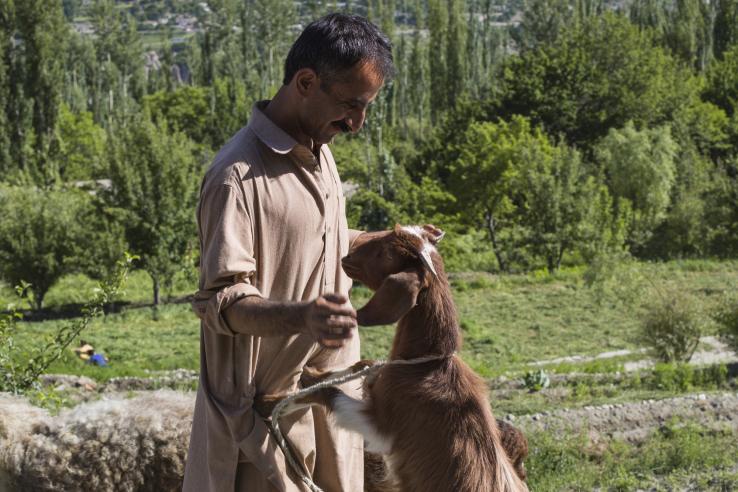Displaying 3166 - 3180 of 8334
Evaluation
Career counseling for young, college-educated job seekers in France helped them find work sooner, but this improvement came at the expense of jobs for those who did not receive counseling, and it did not translate into a long-term increase in employment rates.
Evaluation
Researchers examined the impact of doubling teacher salary on student and teacher performance in Indonesia. This intervention had some positive effects on teachers: they reported higher levels of satisfaction with their jobs and less financial stress and were less likely to have a second job. However, doubling teacher salary had no effect on teacher knowledge, student test scores, or self-reported teacher attendance.
Evaluation
Researchers in Indonesia compared the effectiveness of two methods of identifying the low-income households: a community method where villagers ranked households according to perceived wealth, and a proxy-means test which relied on measures of consumption and assets. The community methods of selecting who qualified for the cash transfer program were less accurate than proxy-means tests overall, but they greatly improved local satisfaction and better matched the low-income individual's own concept of poverty.
Evaluation
Researchers conducted two randomized evaluations in the health sector in Uganda to evaluate whether community monitoring could impact public health worker performance and subsequent health utilization and outcomes. They found community monitoring, when combined with information on health provider performance and user’s entitlements, led to better quality and more frequently utilized health services, and ultimately improved health outcomes. However, community monitoring alone had little impact.
Event
At Charcha 2022, J-PAL South Asia’s ASPIRE team partnered with the Veddis Foundation to organize three high-impact sessions, marking ASPIRE’s first public introduction. Anchored in the event's themes of livelihoods and entrepreneurship, the sessions explored strategies to strengthen government...
Evaluation
Researchers evaluated a cap-and-trade program in the United States to determine if the initial allocation of permits among firms affected how much firms decided to pollute. Evidence was consistent with, but not proof of, the economic theory that firms make decisions to reduce emissions based on their abatement costs and not the initial distribution of permits.
Evaluation
In developing countries, public worker absence is a key obstacle to delivering services to the poor. This problem may occur when politicians reward their supporters with public sector jobs, making it difficult for communities to hold public servants accountable. Researchers evaluated the effectiveness of a smartphone absence monitoring technology in reducing doctor absenteeism at clinics in Punjab, Pakistan. The application increased clinic inspections, but the increased monitoring and accompanying reduction in absenteeism was limited to constituencies where competition for political office was comparatively high.
Evaluation
Many smallholder farmers in sub-Saharan Africa do not use basic agricultural technologies to improve crop quality. In the Senegal River Valley, researchers tested whether receiving advance information on a market reform—introducing quality labels for onions and selling by weight—would lead to changes in farmers’ production habits. Onion farmers who received information about the reform were more likely to adopt practices to improve quality, leading to substantial revenue gains. Despite these gains, the reforms were abandoned in the following season, largely due to opposition from traders.
Evaluation
Researchers partnered with CGIAR’s International Rice Research Institute (IRRI) to evaluate the impact of a flood-resistant rice variety on fertilizer use and crop yield in India. During floods, the flood tolerant seeds had a clear advantage over the traditional seeds. In non-flooded areas, there was no significant difference in yields between flood-resistant and traditional seeds, suggesting that there was no yield penalty in non-flood years to farmers who switched to the new seed technology.
Evaluation
Researchers evaluated the relationship between mobile money usage and violence in Afghanistan. Results suggest that access to a mobile salary payment system increased mobile money usage, but expectations of violence significantly decreased usage and increased cash savings instead.
Evaluation
Researchers evaluated the impact of a program in Sierra Leone called Empowerment and Livelihood for Adolescents (ELA) that aims to address this problem by bundling health education, vocational skills training, and micro-credit. Researchers found that, while girls experienced higher teen pregnancy and lower school attendance post-Ebola, ELA clubs mitigated many of these negative effects.
Evaluation
Researchers combined subsidized weather index insurance with input loans for fertilizer and modern seed use for smallholder farmers in rural Ethiopia to investigate the impact of these products on demand for insurance and resulting shifts in agricultural technology use and crop yields. Results indicate that providing free insurance may not result in meaningful increases in investment in inputs like fertilizer.
Evaluation
Researchers evaluated the impact on student learning outcomes of two programs introduced by the Government of Haryana. While the Continuous and Comprehensive Evaluation (CCE) program did not have any effect on test scores, the Learning Enhancement Program (LEP), which focused on basic literacy and numeracy, significantly improved Hindi test scores, especially for students with initially low learning levels.
Evaluation
Researchers evaluated a program in Pakistan that provided farmers with information on veterinarians’ AI success rates and average prices. This led to more successful inseminations at lower prices.

